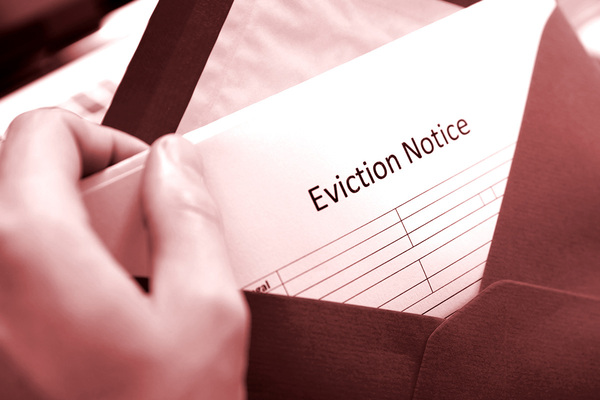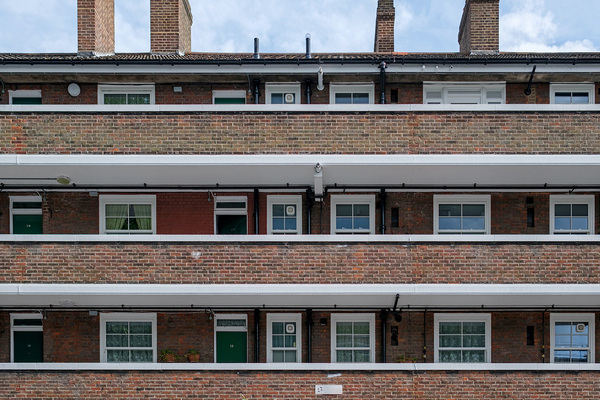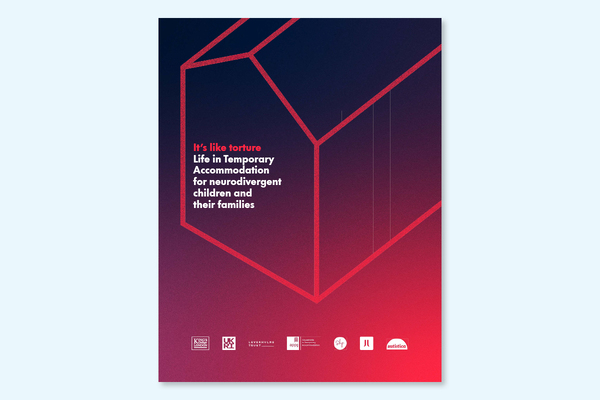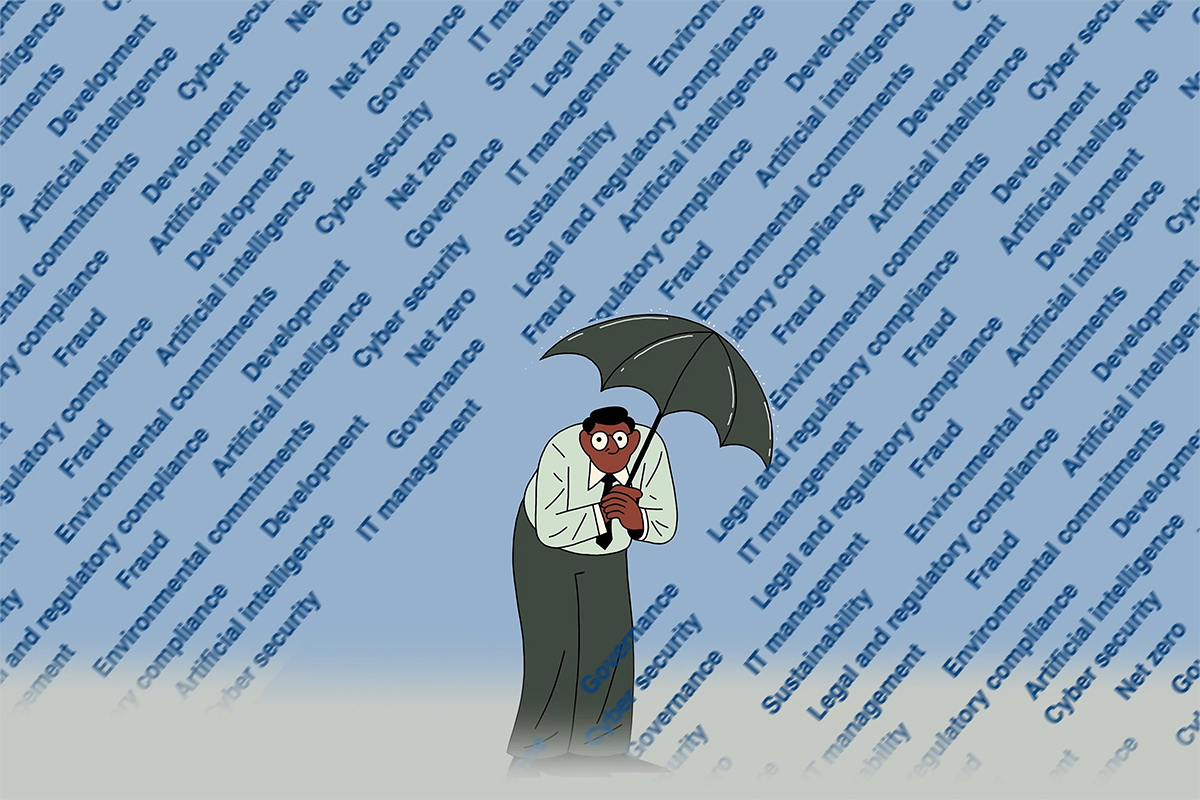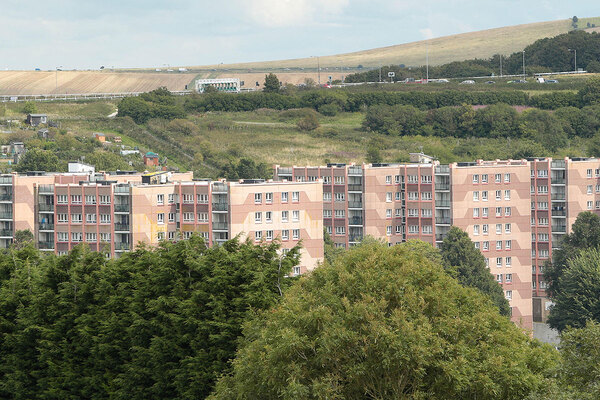You are viewing 1 of your 1 free articles
 Jules Birch
Jules BirchThe evictions climbdown leaves ministers with four weeks to address gaping holes in the safety net
The U-turn on evictions buys time to fix key problems, but the problems are large and the clock is running, writes Jules Birch
The U-turn was not as dramatic as the one over exam results and it means Robert Jenrick will not for now be joining Gavin Williamson in detention after the politics class.
But, now that it’s happened, does the 11th-hour climbdown over the coronavirus eviction ban foreshadow a more permanent improvement in renters’ rights after the pandemic?
The package announced on Friday following consultation with the judiciary extends the ban by four weeks from 23 August to 20 September in England and Wales.
It also extends the notice period for tenants in England from three to six months in all cases except those involving anti-social behaviour and domestic abuse.
This is the second extension to the ban announced at the 11th hour, as it was originally only meant to last until June, then extended to August.
You still have to wonder what took so long: the Welsh government introduced a six-month notice period under its devolved housing powers a month ago but is reliant on decisions in Westminster about the eviction ban because judicial affairs are not devolved.
It has also announced low-interest loans for tenants in arrears worth £8m (the equivalent of £140m in England given its far larger population) and maxed out Discretionary Housing Payments but is still facing pressure to go further.
At least England got there in the end, though. The question now, given that four weeks is not very long, is what comes next?
One problem is a lack of data about what is really happening in the market. The Ministry of Housing, Communities and Local Government press release cites “independent research” that 87% of tenants have continued to pay their full rent since the start of the pandemic and another 8% have agreed reduced fees with their landlord.
This turns out to be a survey by a market research company for the National Residential Landlords Association (NRLA), which has condemned the extension of the ban as “an announcement that satisfies no one”.
Even taken at face value, that would still leave around 240,000 households (5% of England’s 4.8m privately rented homes) who have not paid the full rent or made a deal with their landlord.
The NRLA has 80,000 members who are at the professional end of the sector but there are more than two million private landlords in England.
At the other ‘shadow’ end of the sector, there is already emerging evidence of growing numbers of illegal evictions and their numbers will probably rise during the legal ban.
In the social rented sector, the National Housing Federation has welcomed the extension and housing associations had already promised to limit evictions. However, Inside Housing reported on Friday that some have continued to serve notices seeking possession during the crisis, with one issuing 1,600.
Between them, the social and private rented sectors are home to 9.6m households and more than 20m people, making it essential for the government to act.
Parliament will be back next week, so perhaps Friday’s announcement will create time for a more permanent solution involving new legislation.
That might include the first moves to meet its manifesto commitment to abolish Section 21 no-fault evictions but that would still leave Section 8, which makes rent arrears of more than eight weeks mandatory grounds for possession and leaves judges no discretion to take circumstances into account.
And abolition of Section 21 would not be a solution in itself since any new system would almost certainly include extended mandatory grounds as in Scotland.
Scotland and Northern Ireland have already extended their evictions ban until March 2021 and while ministers may point out that the six-month notice period lasts until then too, that is not the same thing.
It could, through gritted teeth, adopt suggestions put forward by Labour in a draft bill in May and change the law to protect people who have fallen behind with their rent because of COVID-19.
As housing lawyer Giles Peaker points out, Friday’s announcement also begs a whole series of questions about legal issues including the validity of notices served before March and the six-month period landlords have to use a Section 21 notice when the notice period is now six months.
Finally, nothing in the new package changes the essential facts: that a growing number of tenants will find themselves unable to pay their rent, especially if the government ends the furlough and self-employed support schemes in October; that landlords dependent on rental income will suffer as a result; that homelessness was rising even before the pandemic; and that, despite some temporary improvements, the welfare safety net is still full of holes.
Friday’s climbdown is an essential first step that gives ministers four weeks to start to address those longer-term problems. That time starts now.
Jules Birch, columnist, Inside Housing
Related stories
